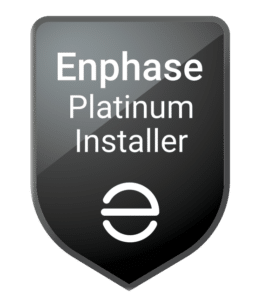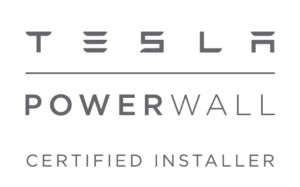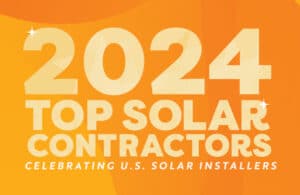With inflation showing no signs of slowing down as the summer starts, it’s no surprise that Massachusetts homeowners are looking for ways to cut spending. If you own an electric vehicle (EV), you’re likely breathing a small sigh of relief that you aren’t at the mercy of the gas pump like your friends and neighbors, but you may still be looking for more ways to save money with your vehicle.
One of the absolute best ways to get more out of your electric vehicle is by using solar panels with your EV home charging station.* Keep reading to learn more about how this can work for your Cape Cod or coastal Massachusetts home.
What Are the Benefits of Electric Vehicle Charging at Home with Solar?
The first-and likely most important-benefit of a home EV charging station* is the financial savings! Charging your electric vehicle with solar power from your home is completely free, so not only will you avoid the cost of gas to run your vehicle, but you’ll also avoid higher electricity bills or the cost of using a charging station.
Savings aren’t the only reason to install an EV charger, however. Using an at-home EV charging station also has significant environmental benefits. While an electric vehicle is more “green” than a gas-powered one because there are no vehicle emissions, the electricity you use to charge your EV is still often generated by fossil fuels. With residential solar panels charging your EV, you can be sure that your vehicle is being powered by 100% clean renewable energy.
EV Charging at Night or Cloudy Days
If you have solar panels on your Massachusetts home’s roof, then you already know that your panels will produce free electricity for your home… as long as the sun is out. At night and on very cloudy days, your home will still draw power from your utility grid.
Save More on Solar with the Federal Solar Tax Credit
Similar to Massachusetts incentives for electric vehicles, you can save money on your solar energy installation with solar rebates, tax credits, and incentives. One of the biggest ways to save is with the federal solar tax credit, through which you can qualify for a federal tax credit equal to 26% of your total solar installation costs. To lock in the highest savings, though, you’ll need to act fast: the solar tax credit drops from 26% of the installation cost in 2022 to 22% of the cost in 2023. By 2024, the tax credit will disappear entirely for residential solar installations.
My Generation Energy is a solar installer near you in MA that has installed solar for hundreds of local residential and commercial customers, including many homeowners who own electric vehicles. During our free solar assessment, we’ll work with you to plan ahead for current or future electric vehicle ownership to make sure your solar array is correctly sized for your electricity needs.





